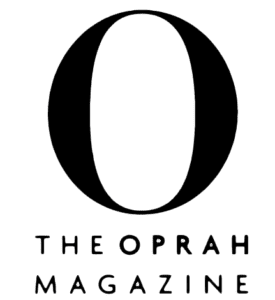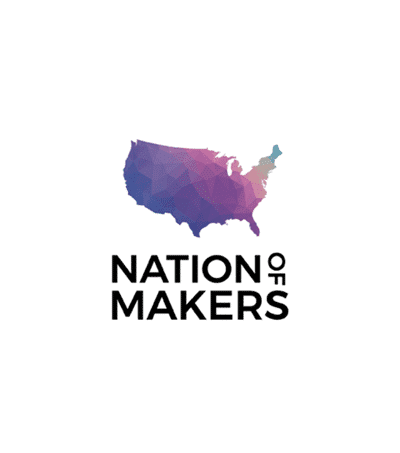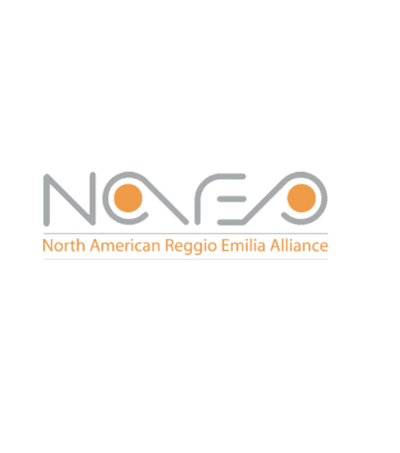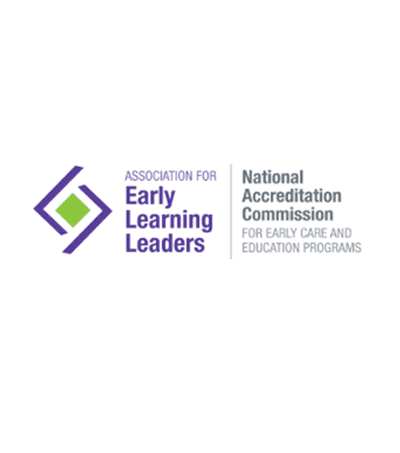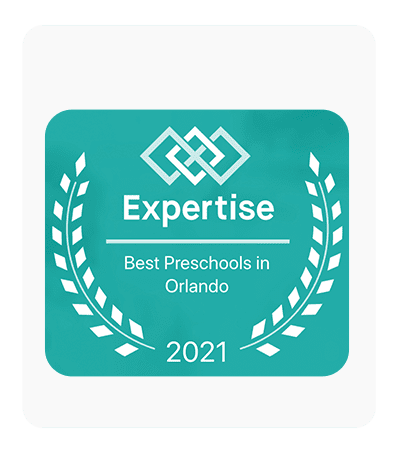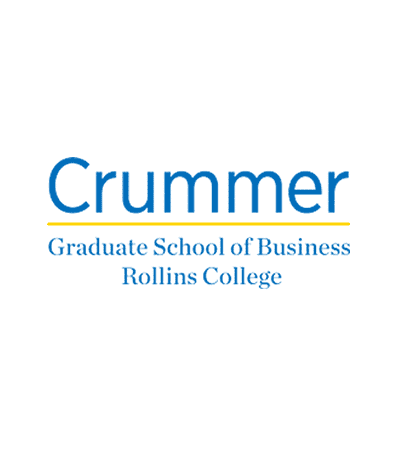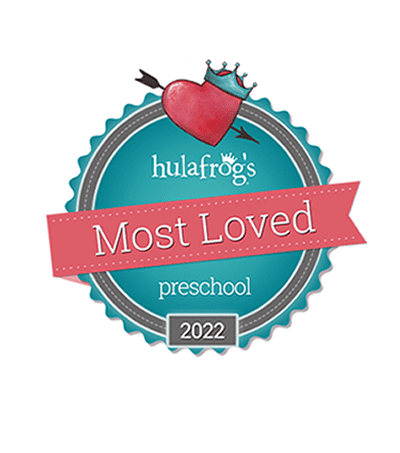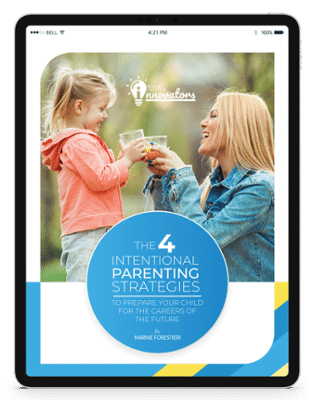
Incorporating maker education into our curriculum allow us to place the interests and passions of young learners first.
Maker education researchers from Project Zero at Harvard University Dr. Edward Clapp and Dr. Lynneth Solis visit our model school in Oviedo.
Curriculum designers, educators and parents participate in sessions throughout the year to learn about the history of making, practices, thinking routines, and practical tools in maker education.
Now, Our curriculum team introduces Project Zero’s and Harvard University’s research on Maker-Centered Learning into our curriculum design.
The learning framework allows us to place the interests and passions of young learners at the center of the process.
The Young Innovators curriculum team specializes in curriculum innovation and is known for the introduction of STEAM (Science, Technology, Engineering, Art, Math) concepts in early childhood.
Furthermore, the team writes books for early childhood including the Gryphon House award-winning books, “Simple STEAM” and “STEM Play.”
As can be seen, maker education allows educators to engage learners at a deeper level, and unveil children’s passions and interests first.
Our curriculum “the Innovation Advantage” integrates opportunities for making during the day across all learning domains, including our STEAM classes.
The authors of maker centered learning share experiences and research on making. Furthermore, they advocate for children’s right to see themselves as people who can create.
Furthermore, children take responsibility of their learning, and become independent learners without being dependent on adults.
Children at our school make learning visible through original projects that reflect their interpretations of the lesson and serve as documentation of their learning experiences.
During “making time” we introduce the learning framework.
After, children participate in innovation parties that integrate original music written by Dr. Debby Mitchell to help reinforce maker mindsets.
The Maker Mindset promotes:
- The importance of failing
- Persistence
- Brainstorming
- Teamwork
- Finding new innovative ways to solve a problem
Firstly, maker education empowers a child to understand that they can take things apart to understand how they work, and that they can set goals to create something original,
Secondly, maker education provides a framework that builds on the creative confidence of the early years.
Moreover, making things makes learning memorable.
For example, during a space unit, children create a rocket to help launch a space mission that will help them find missing letters and solve math problems in outer space while learning about gravity, planets, and space.
In another lesson children imagine, name, and create a city while learning about construction materials, solving math problems, and becoming part of the city’s newspaper team.
Young Innovators Academy understands that maker education teaching practices are the biggest quality indicator of an early childhood education.



